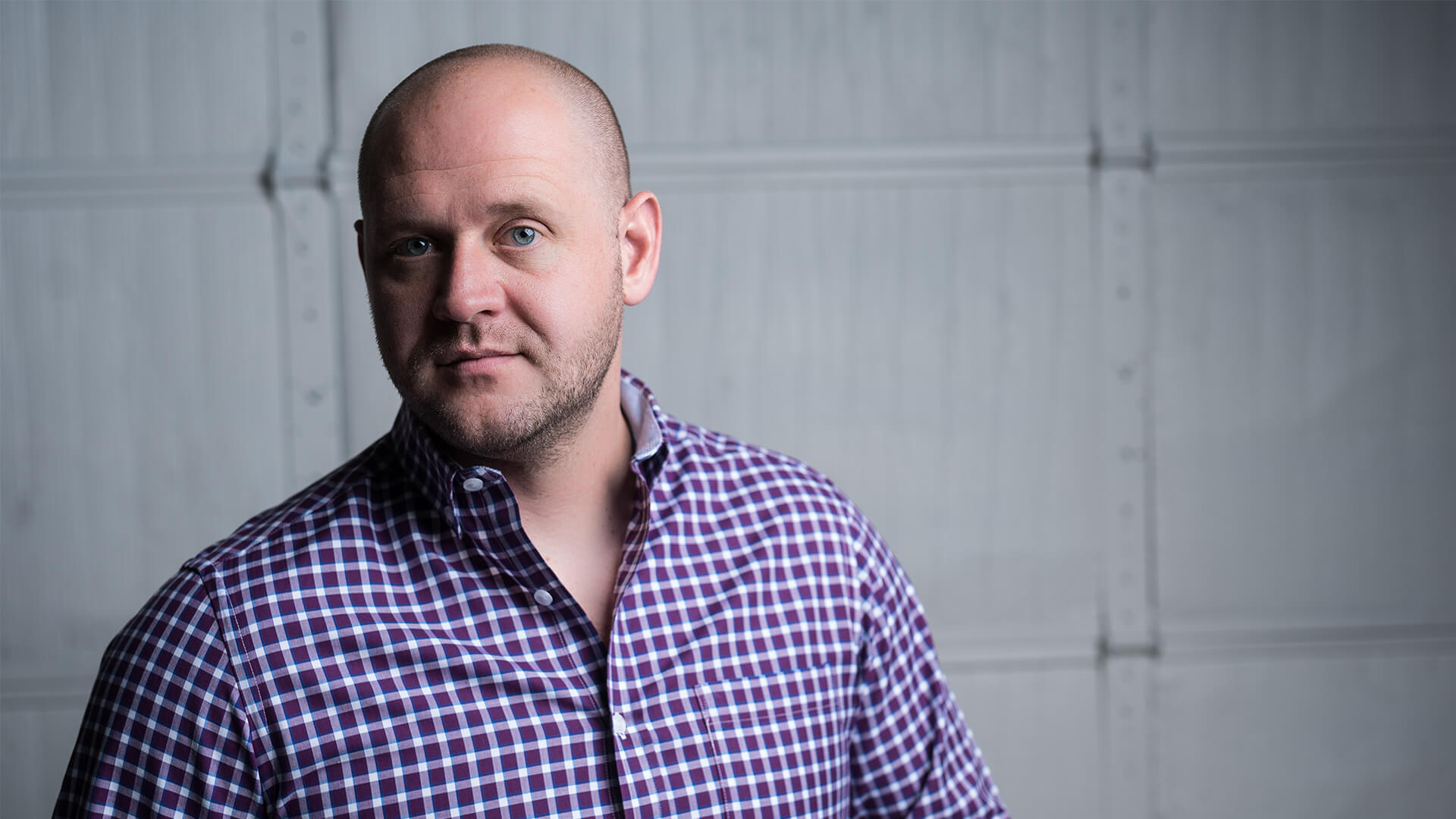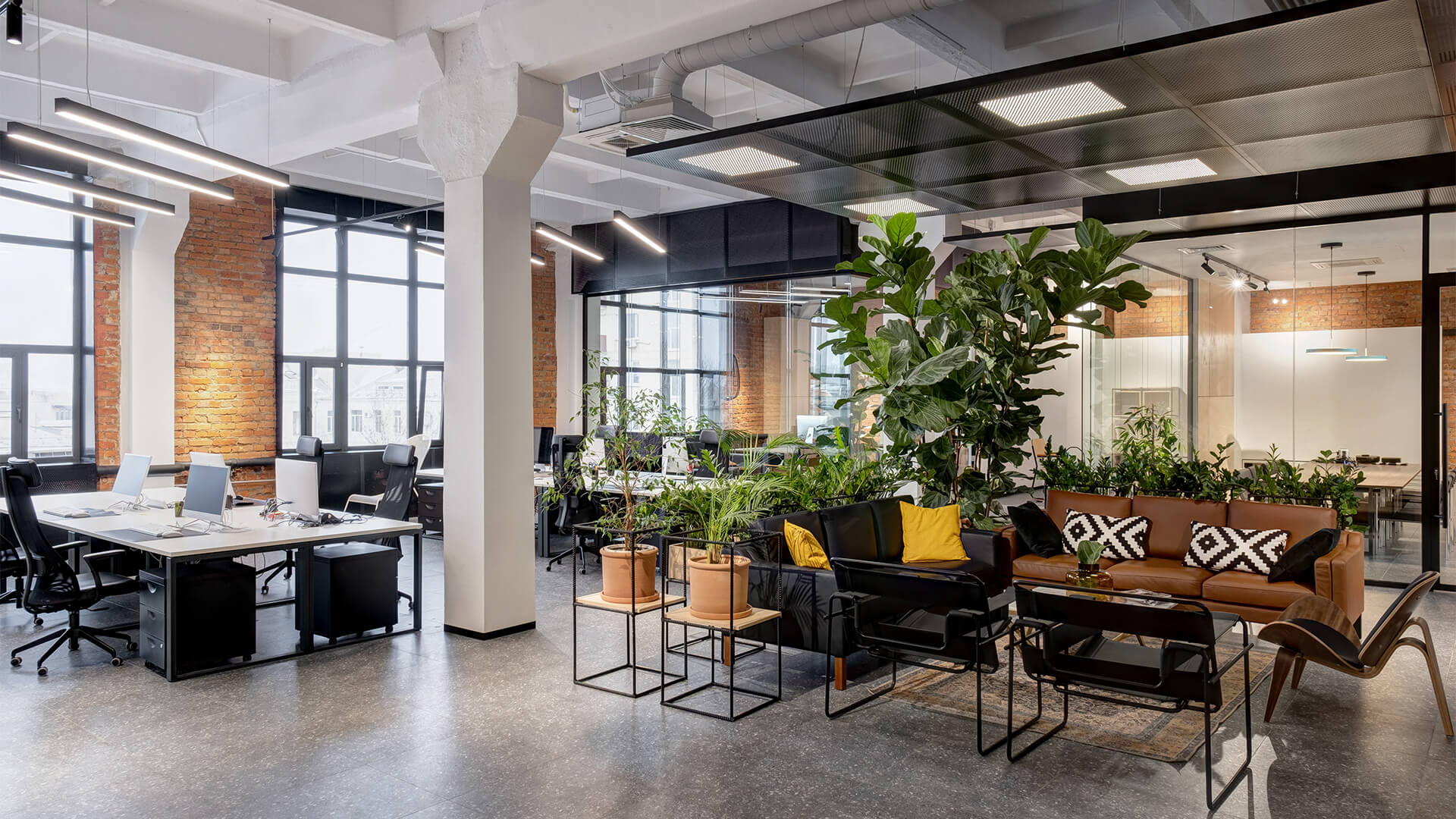The world of marketing reaches across borders, with talented teams ensuring that their clients tell the best story possible about themselves. It’s an industry where pushing into the unknown is rewarded, with innovation championed at the highest levels. We look at leading CEO Billy Thompson to discover how he has led Lumegent to new and dizzying heights of success in the USA.
The importance of marketing cannot be lost on modern companies, with organizations vying to find new ways of making their stories stick with potential customers. Leading the way in this field is the team from Lumegent, under the careful guidance of their CEO Billy Thompson. Championing an approach that goes above and beyond on behalf of customers, it’s little wonder that Mr. Thompson and his team have achieved such high levels of success.
Mr. Thompson has long championed a high-energy, hands-on approach, and it is this practical experience that has guided the development of what Lumegent offers its clients. The outlook supported by the team sees them working hard to foster new and exciting relationships both within the company and with those who are using its services. By embracing a culture centred around learning, developing, and adapting alongside one another, Lumegent has attained some of the world’s highest standards.
The team has been able to work with clients ranging from individuals to start-ups to Fortune 500 companies. Each receives the same care and attention, which is why they continue to turn to Lumegent for work. When Lumegent is engaged, the team actively works to ensure that what they deliver is in line with a company’s goals and objectives. Great concepts are all well and good but are nothing if there is no ability to execute them effectively. By taking the time to know a business, the team at Lumegent can ensure that they support any business through any marketing challenge.
As a result of both the approach championed and the firm’s attitudes, Lumegent is proud to offer a boutique service in every sense of the word. Every aspect of a strategy is carefully calculated to ensure that a firm’s brand has a strong identity that stands out, even in the most crowded of business spaces. Lumegent’s individualized program ensures that clients can access services that can be built and streamlined in the most effective of ways.
The team does not take on a great deal of clients, preferring to focus on the quality of results instead of the quantity of clientele. Customers who turn to Lumegent can rest easy knowing that they will maintain consistent standards to ensure growth and development. The team doesn’t have a high turnover of clients, with most working alongside the team for over ten years.
During the COVID-19 pandemic, these principles were put to the test, requiring strong leadership to ensure that the firm could make progress. For Mr. Thompson, the decisions that needed to be made were simple and straightforward, reflecting the years of experience he had in the field. Firstly, he approached the business as though a recession had hit, pausing to allow the team to rethink, create and work hard. While the rest of the world shut down, Lumegent could bounce back quickly with a new direction and get back to work.
The results speak for themselves, with Mr. Thompson encouraging the Lumegent team to meet the needs of a very different world. They have proven themselves more than capable of the task, developing and producing products that clients have needed to continue essential business and supporting clients through the marketing, branding, and awareness challenges that come with a national lockdown. One of the biggest successes of 2020 was how a client was able to roll out this program on a national scale. This allowed them to reach over 2,000 locations and generate millions of dollars despite the year’s difficulty. It’s not always easy to find the right approach, but the results speak for themselves.
This would not have been possible had it not been for the keen eye and wit of Mr. Thompson. His career has been spent building relationships in the same manner as the team he manages at Lumegent, ensuring strong connections across the United States and abroad. Throughout his career in leadership, Mr. Thompson has been a coach, finding this approach early on and applying it to the various organizations he has been involved with running. It has evolved over the years into a more progress-focused and inspirational style as the businesses have grown. During his time at Lumegent, Mr. Thompson’s approach has proven to be ideal, and he has been able to not only hone this skill set but apply it across a business.
Taking an attitude that doesn’t just look out to clients but looks in at running a business is not always easy, but it is what sets Lumegent apart from the competition. He ensured that no matter the growth being looked at for the firm, it is reflected in how the people who work in the business are treated too. By taking the time to build up businesses and the people within them, Mr. Thompson has achieved some extraordinary results.
2020 was meant to begin the journey of expansion across the global landscape, but these have been held back until 2021. With such a strong track record of success, it’s little wonder that the team is already looking at ways of implementing this growth this year. When clients turn to Lumegent, they will be turning to an organization that can bring a unique experience of marketing to the table. International clients will be able to benefit from the styles of the USA when it comes to telling their stories to the world.
Working on the international stage is bound to bring cultural differences to the fore. Still, it will also allow Lumegent to introduce new techniques and concepts to businesses that have not had access to the team’s resources and products. By expanding how people can market in different countries, the team will develop how marketing is seen as a whole. As the world gets back on its feet after the pandemic, it’s clear that new ways of working will be essential. When it comes to growth, marketing will be critical.
Throughout 2020, the team at Lumegent has achieved the remarkable, and this is a credit to the skill and ability of its talented team under the stalwart leadership of Mr. Thompson. His visionary approach has ensured not only that clients trust the team’s decisions but that the team has been able to move quickly in unprecedented circumstances. Such success is not to be ignored and should be celebrated wherever possible!
Billy Thompson can be contacted through www.lumegent.com or by email at [email protected].













